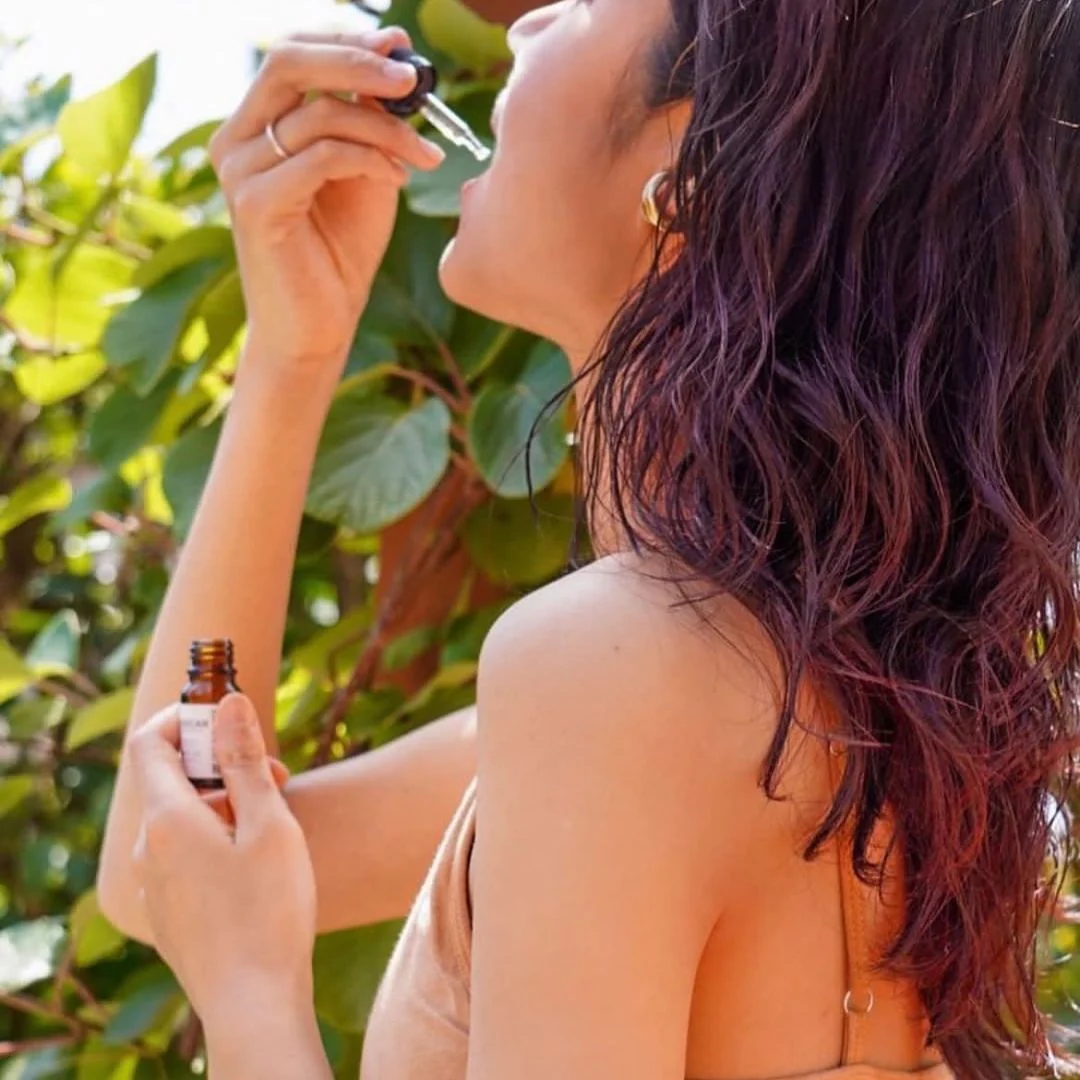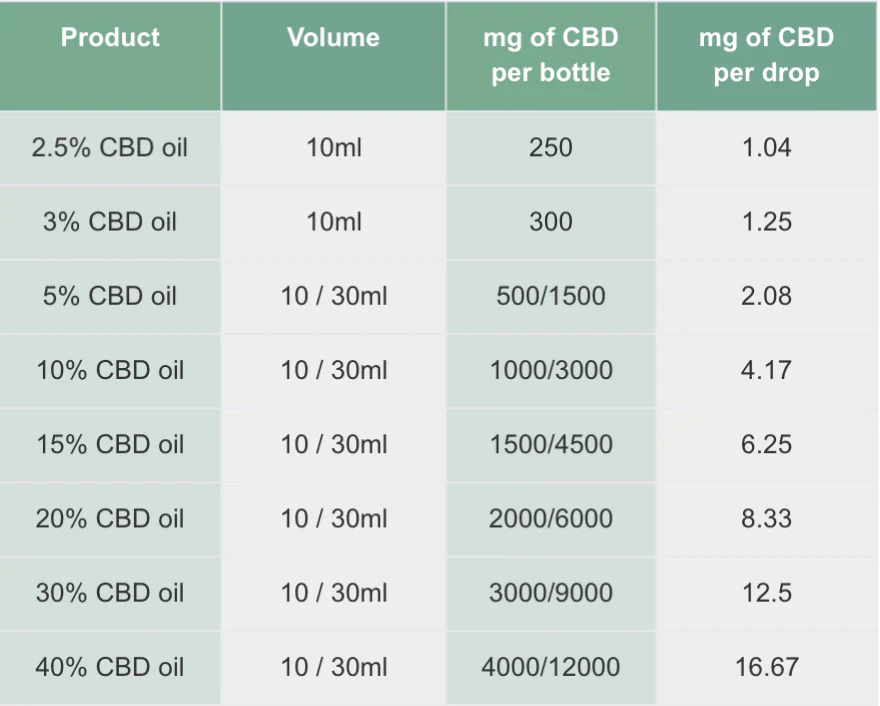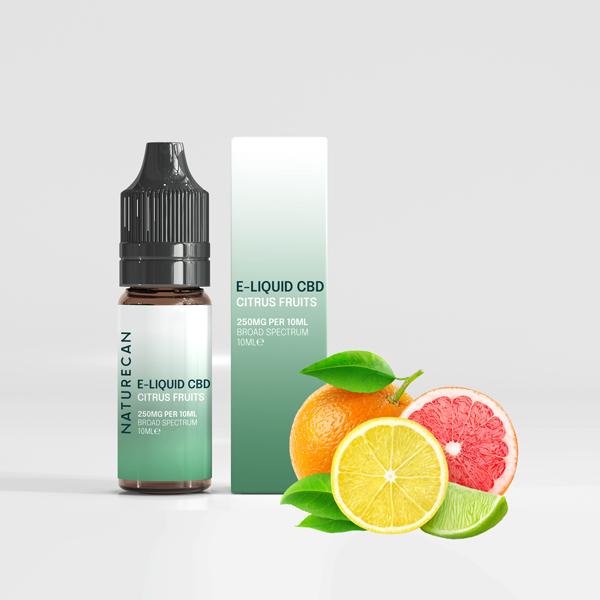CBD Oil Dosage: How Much CBD Should I Take?

If you’re wondering how much CBD you should take, look no further - in this article, we’ll take you through everything you need to know about CBD and equip you with the tools you need to find your optimal CBD dosage.
What is CBD?
CBD (cannabidiol) is a non-intoxicating compound found in relative abundance in the Cannabis sativa plant. It is the main active ingredient in hemp-based products, including oils, capsules, edibles, gummies and skin care products.
Unlike THC, which is the main intoxicating compound in cannabis, CBD will not make you ‘high’ and is not addictive.
CBD oil interacts with the body through an intricate network of cannabidiol receptors which, along with certain enzymes, form the endocannabinoid system (ECS). Once this vast inherent system of receptors is stimulated, they assist the body in manufacturing chemicals called endocannabinoids, which play a huge role in regulating vital daily functions including mood, sleep, and appetite.

What are the potential benefits of CBD?
According to numerous scientific studies, CBD may help to ease the symptoms of various health conditions, including chronic pain, anxiety, insomnia and inflammation.
Let’s look at the potential benefits of CBD in more detail:
1. Reducing stress and anxiety
According to a study published in 2015, CBD shows significant potential in the treatment of epilepsy. CBD has also been demonstrated to have substantial anxiolytic (anxiety-relieving) effects in animal studies, cited as being explained by how CBD interacts with receptors and chemicals in the brain.
Among the few human trials conducted, a 2019 study published in the Brazilian Journal of Psychiatry investigated how 57 men behaved before a public-speaking event after being given either CBD oil (containing 100, 300, or 600mg of CBD), or placebo. Anxiety levels were evaluated using physiological symptoms, including blood pressure and heart rate, and a relatively reliable test for mood was also performed. Results showed that men given 300mg of CBD exhibited the least symptoms of anxiety.
2. Relieving pain and inflammation
Many studies, mainly involving animal subjects, have demonstrated how CBD might help alleviate chronic pain and inflammation by influencing endocannabinoid receptor activity and interacting with neurotransmitters.
A study published in 2016 in the European Journal of Pain revealed that applying CBD cream to the joints of rats sometimes reduced their swelling and improved limb posture. Another study in the journal Pain investigated how CBD could prevent pain among rats with osteoarthritis. It was found that CBD blocked joint pain in a dose-dependent manner, while further preventing any future nerve damage and related pain in arthritic joints.
Moreover, several human studies have also found that a comprehensive blend of
3. Improving mood and sleep
Sleep disturbances can be the result of a physical problem (pain), a mental health issue (anxiety depression), environmental conditions (noise, bright light), and even some medications.
Studies investigating a link between CBD and improved sleep highlight how CBD interacts with GABA and serotonin receptors in the brain to promote relaxation and sleep. GABA is the primary inhibitory neurotransmitter within our body that helps calm excessive brain activity and kindles relaxation. Serotonin is a chemical that helps reduce anxiety and improves mood, both of which promote better sleep.
Moreover, scientists also claim that a combination of CBD and melatonin (a hormone that regulates the sleep cycle) significantly improves sleep.
What is a normal starting dose for CBD?
The FDA (Food and Drug Administration) has not yet recommended a standard daily dose for CBD, which means that many people don’t know where to start.
The first thing to know is that dosage differs for each person, depending on a range of factors, including their weight, height, and reasons for taking CBD.
For those new to CBD, we recommend starting with a low dose (e.g. 2 mg) and increasing this gradually until the optimal dosage is found.
The FSA recommends a maximum total daily CBD dose of 70mg. This includes any additional products, so please ensure that you never exceed this amount.
While following this guidance, you can manage your daily dosage based on what works best for you, and combine various CBD products if desired.

How to find your optimal CBD oil dosage
To find your optimal dosage, we recommend that you take a low starting dose for at least a week. If you do not notice any benefits after this period of time, increase your dosage by a small amount every few days until the desired effects are achieved.
Our CBD Oil Dosage Calculator can also help you to find the correct dosage for your needs.
Once you have found your optimal dosage, you may find that you eventually develop a tolerance to it. If this is the case, it might be worth making a few small and safe adjustments to your daily dose. For example, you could alter the number of times you take CBD per day, or the time of day at which you take it.
If you think you may have taken too much CBD, or experience any adverse side-effects, such as nausea or headaches, we recommend that you lower your dosage immediately.
Which CBD product is right for me?
When you have calculated your CBD dosage, the next step is to find the right product for your needs.
With so many different products available on the market, it can be hard to know which one is best for you. The good news is that these products offer a wide range of potential benefits and take effect at different speeds, so there’s something out there for everyone.
Popular CBD products include CBD capsules, CBD oil drops, CBD balms, CBD edibles and CBD vapes. Let’s explore them in a bit more detail:
1. CBD capsules
CBD capsules are a good place to start for people new to CBD, as they are easy to take and offer a simple way to manage your dosage. Naturecan’s CBD softgel capsules come in two dosages: 10mg and 25mg.
CBD capsules usually take 1-2 hours to work, and the effects can last for 2-8 hours.
2. CBD oils
CBD oil drops have higher bioavailability than most other means of administration, which means that they increase the amount of CBD that enters the bloodstream.
To take CBD oil, simply place a few drops under your tongue and hold them there for around a minute before swallowing. This will allow the CBD oil to enter directly into the bloodstream via the oral mucosa, meaning that the effects may be felt more quickly than other means of taking CBD.
CBD oil starts working within 15-30 mins, and its effects can last for 2-8 hours.
3. CBD balms
While CBD oils and CBD capsules work systemically to affect the whole body, CBD balms and other skincare products allow the user to target problem areas, such as sore joints or muscles, and keep CBD benefits localised to the point where they are most needed. It can take 10-30 minutes for the CBD to start working, and these effects can last for 2-8 hours.
4. CBD edibles
CBD snacks, CBD gummies and other edible products are a delicious way to get your daily dose of CBD.
As these pass through the digestive system before entering the bloodstream, they take longer to start working that CBD oils; however, the effects can last for up to 8 hours, making them ideal for people who want sustained effects over a longer period of time. Popular CBD edibles include cookies, brownies, nut butters, gummies and chocolates.
5. CBD vapes
CBD vape juice is an effective way to absorb CBD into the body.
The bioavailability is higher than other routes of administration such as sublingual (oral drops) and topical (skin creams/balms). This means that CBD can enter into the bloodstream faster and its effects can be felt sooner.
While vape products are seen as a reduced risk alternative for smokers, we would not encourage non-smokers to take up vaping.
When should I take CBD?
The answer to this question depends on your reasons for taking CBD. If you take CBD to help you sleep, you’ll probably get the best results if you take CBD oil drops 15-30 minutes before going to bed. If you suffer from anxiety, you could take CBD when you’re feeling stressed to see if it helps to ease your symptoms; alternatively, if you are about to enter a situation that makes you anxious, you could try taking some CBD beforehand to calm your nerves. Many people also find CBD helpful for pain relief. You can apply CBD balms to ease aches and pains, or to improve muscle recovery after intense exercise.
Which CBD oil strength should I take?
When it comes to optimising your daily CBD intake, it’s less about choosing the right oil strength and more about calculating the right amount of CBD to take per day (in milligrams).
For example, the table below shows that two drops of 5% CBD oil contain as much CBD as 1 drop of 10% CBD oil (approximately 4 mg of CBD). Thus, while the 10% oil is twice as strong as the 5%, you can get exactly the same dosage of CBD simply by doubling the number of drops you take.
The table below may also be helpful for combining different CBD products in order to reach a specified dosage. For example, if your daily dosage is 40mg CBD, you could take two 10mg CBD Gummies (20mg in total) alongside three drops of 10% CBD Oil (12mg in total) and one application of CBD arnica cream (around 8mg).
If you need help finding your optimal dosage, try out our

How long will a bottle of CBD oil last?
To find out how long a bottle of CBD oil will last, take the total number of milligrams of CBD contained in the bottle and divide it by your daily dose. For example, if your daily dosage is 21 mg, and you take 5 drops of 10% CBD oil (1000 mg) daily, divide 1000 by 21 and you get 48 - so the bottle would last 48 days.
How do I store CBD?
When it comes to storing your CBD products, it is important to protect them from any excess light, air and heat. Doing so will preserve their quality and potency for as long as possible.
- Light: keep your CBD products in a dark room or cupboard, away from direct or excess light.
- Air: make sure your CBD products are fully sealed when not in use to keep out any excess oxygen and other contaminants.
- Heat: store your CBD products at or below room temperature (around 20°C) away from any potential sources of heat, such as radiators, stoves and other appliances.
Other tips for effective storage:
- Store your products in their original packaging. CBD oil, for example, is typically sold in airtight, dark glass bottles specially designed to keep out excess light and air.
- Store liquid and balm CBD products upright.
- Use a clean dropper or utensil every time you take CBD oil to protect the product from contaminants.
What happens if I take too much CBD?
How much CBD is too much? A 2011 review of CBD’s safety and side effects suggested that high doses of up to 1,500mg CBD per day could be well tolerated by humans, and this was confirmed in a 2017 follow up review.
While there is currently no known CBD dosage that is dangerous or toxic, this does not mean that you can’t take more CBD than you need. Most common health issues can be supported with doses of under 70mg per day (the FSA’s recommended maximum daily dosage), so doses that are far in excess of this are not likely to yield much added benefit, except in rare cases. Therefore, we would recommend that you adhere to the FSA’s guidance and do not take more than a total of 70mg CBD daily.
Does CBD have any side-effects?
CBD is a natural compound that affects everyone differently. While there have been no serious reported side-effects of CBD consumption, it is recommended that you start by consuming low doses and gradually increase the amount if you do not experience side-effects.
According to the World Health Organisation (WHO), “CBD is generally well tolerated with a good safety profile... There is no evidence of recreational use of CBD, or any public health-related problems”.
Some uncommon side-effects of CBD include a dry mouth, tiredness, and changes in appetite. If you are taking any other medication in conjunction with CBD, consult your doctor to confirm whether this could cause adverse side-effects.
Takeaway
As mentioned above, there is no standardized dosage for CBD - it all depends on you and your specific needs. In general, for people who are new to CBD, we recommend starting with a low dose and increasing this gradually until you notice the desired effects. Our CBD Oil Dosage Calculator can also suggest a suitable starting dose.
When it comes to CBD dosage, the key thing to remember is: start low, go slow!
References
- https://www.ncbi.nlm.nih.gov/books/NBK425767/
- https://www.ncbi.nlm.nih.gov/pmc/articles/PMC7204604/
- https://www.ncbi.nlm.nih.gov/pmc/articles/PMC6326553/
- https://www.ncbi.nlm.nih.gov/pmc/articles/PMC7023045/#B14-antioxidants-09-00021
- https://www.ncbi.nlm.nih.gov/pmc/articles/PMC4604191/
- https://www.scielo.br/j/rbp/a/ksNG6tq9JC8pT8rdmCk7TTb/?lang=en
- https://www.ncbi.nlm.nih.gov/pmc/articles/PMC4851925/
- https://www.ncbi.nlm.nih.gov/pmc/articles/PMC5690292/
- https://pubmed.ncbi.nlm.nih.gov/15575797/
- https://pubmed.ncbi.nlm.nih.gov/22129319/
- https://www.ncbi.nlm.nih.gov/pmc/articles/PMC5569602/








